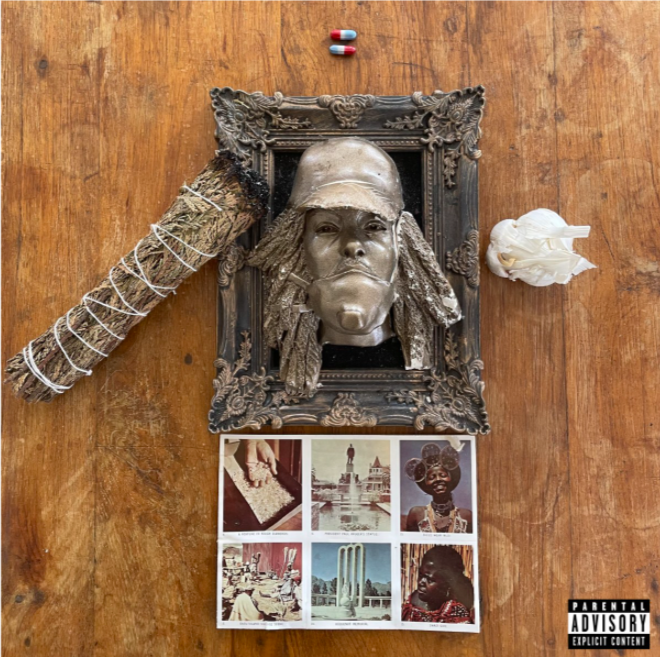An Album Review: SICK!
February 17, 2022
Thebe Kgositsile, known by the name of Earl Sweatshirt, has been making music since 2008. SICK! is Sweatshirt’s fourth studio album, released in January 2022. This album has a ten track listing and is a little longer than 24 minutes. On this LP, Sweatshirt uses his monotone voice to produce dreary yet composed tracks that create a dream-like feeling. SICK!’s short length also gravitates toward this idea by letting the listener enjoy an alternative rap album filled with upbeat samples and in-depth lyrics.
Throughout the 2010s, Sweatshirt matured in all aspects of music, compared to his original debut mixtape Earl. Sweatshirt’s original music was harsh and vulgar. This style was very prominent in the young artist’s breakthrough into the mainstream. Then, as he grew, his lyrics became more meaningful as he incorporated his dark past and present. In his music, he has talked about his tension with his mother, his father leaving him at a young age, his drug abuse, and depression. These sad topics, in tandem with his monotone style, work well together.
On this album, my favorite tracks include 2010, Vision, Tabula Rasa, and Lye. While listening to SICK!, these songs as well as their buoyant beats definitely help bring light to the depressing themes shared, such as grief and isolation. While listening to the album, I felt as if I were sitting down above the ground and just viewing the world and noticing all the issues that affect us. While relating to the LP’s subject matter of isolation, I felt engrossed in the music and surrounded by comfort.
Overall the album was good, and I would recommend it to anyone that is interested in this new style of music. When listening to SICK! for the first time, I would recommend the album as a background soundtrack. Then, after enjoying its beats, take time and listen to the album in its entirety to just admire the advanced word play Sweatshirt uses. This new LP has creeped its way into my everyday rotation, especially when listening to Sweatshirt’s discography completely. His alternative style is always a treat, especially when mixed with the dark themes. He is able to tell an in-depth story about his problems in a short and concise album. The only complaints would be that the songs tend to end early, at only about two minutes. I also wish the album in general was longer, yet I understand that Earl Sweatshirt was being creative and had a vision for his album.


